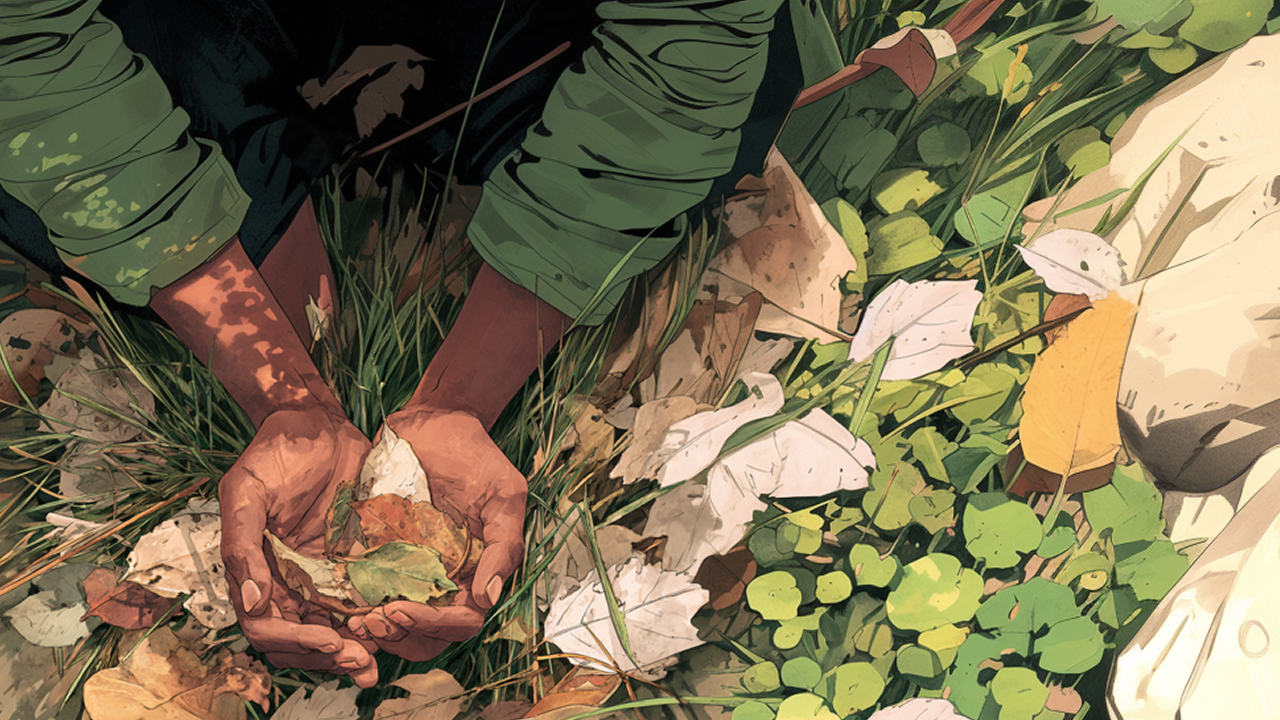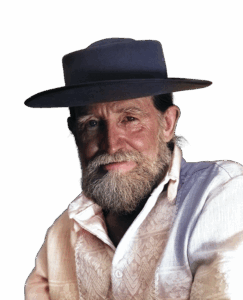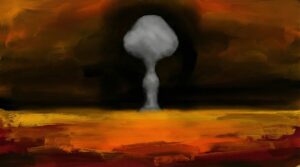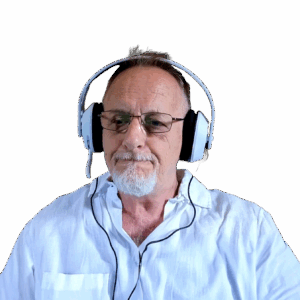
Ep 190 | Stephen Jenkinson
The Forgotten Skills of Dying and Grieving Well: How Engaging with Loss Can Help Us Live More Fully
Description
In Western culture, topics surrounding death and dying are often considered taboo and are generally avoided in everyday conversations. But this reluctance to fully acknowledge and integrate death as a natural part of the human experience has rendered us less able to cope with the end of life and less prepared to show up for ourselves and the people around us as we inevitably navigate loss. But what if a more skillful engagement with death and grief could actually offer us a more mindful approach to living?
In this conversation, Nate is joined by Stephen Jenkinson, a cultural activist and author on the topic of grief, loss, and dying, to discuss his extensive work on grief literacy and the shortcomings of the dominant cultural attitudes towards death. Stephen reflects on his experiences as a palliative care counselor, offering insights on how to navigate the complexities of life and death, advocating for a more profound participation with grief.
What if we viewed grief as a skill rather than an affliction? What opportunities and insights become available to us as we more deeply understand and accept death as a part of life? In what ways does modern culture’s reliance on hope act as a distraction from facing reality – and how does this harm us towards the end of life?
About Stephen Jenkinson
Stephen Jenkinson is a cultural activist and author on the topic of grief, loss, and dying. Along with his wife Nathalie Roy, Stephen co-founded the Orphan Wisdom School, where he writes and teaches about the skills of deep living, making human culture, and how to die and grieve well – skills he believes we have forgotten in our culture today.
Stephen holds a master’s degree in theological studies from Harvard and an additional master’s degree in social work from the University of Toronto. Additionally, he served for years as the program director of a palliative-care center in a major Toronto teaching hospital, where he provided counseling at hundreds of deathbeds. He is the author of many books, including the award-winning Die Wise: A Manifesto for Sanity and Soul, as well as his upcoming book titled Matrimony: Ritual, Culture, and the Heart’s Work.
In French, we have a motto that says that a simple drawing is often better than a long explanation. Jean-Marc Jancovici Carbone 4 President
That’s very understandable because with left atmosphere thinking, one of the problems is that you see everything as a series of problems that must have solutions. Iain McGilchrist Neuroscientist and Philosopher
We can’t have hundreds and hundreds of real relationships that are healthy because that requires time and effort and full attention and awareness of being in real relationship and conversation with the other human. Nate Hagens Director of ISEOF
This is the crux of the whole problem. Individual parts of nature are more valuable than the biocomplexity of nature. Thomas Crowther Founder Restor
Show Notes & Links to Learn More
Download transcript00:00 – Stephen Jenkinson, works, Orphan Wisdom School, highlighted books:
05:00 – How Death Imitates Life: Cultural Influences on Conceptions of Death and Dying
08:13 – Ajit Varki, Denial: Self-Deception, False Beliefs, and the Origins of the Human Mind
08:28 – Theory of Mind
09:05 – Prehistoric Sites and Decorated Caves of the Vézère Valley
10:00 – Myths on separation from the divine, More myths
18:00 – The Death Trade
20:20 – Religious correlates of death anxiety
29:00 – Flip Book
32:10 – Overshoot
37:40 – Repertoire of Grief – Study it here
39:20 – Waiting in Line, poem by William Stafford
44:45 – Nate’s Synthesis
45:03 – Noam Chomsky
46:00 – Etymology of the word “belong”
49:20 – Zeus as the patron saint of “strangers”
50:40 – Iceland receding glacier plaque
54:00 – Misanthropy
1:00:40 – Beatitudes, Alchemy, Etymology of Matrimony and Patrimony






